Addiction is a disease that affects not only the addict but also those who care for them most, particularly members of their direct family. The National Council on Alcoholism and Drug Dependence goes as far as calling addiction a “Family disease.”
Addicts who are seeking recovery and have a need to fix the wreckage of their past may turn to family therapy as a means of support and guidance during their recovery.
Family therapy for addiction is an effective way to help both families and addicts heal from the trauma caused by addiction.
Addiction and Family Trauma
There are many ways in which the addict’s disease can inflict trauma on their families. Most times the trauma is inflicted unwillingly and unknowingly.
Family trauma can take up many forms; emotional, financial, or even physical. It could be parents fearing for their addictive child’s health, it could come from a spouse left behind or cheated on by their addictive partner, and it could also come from a child who is neglected by an addictive parent.
In the worst of cases, physical abuse can be present between a suffering addict and a family member which could cause life-long trauma. It’s well documented that many addicts suffered from some form of family trauma during their childhood, which could be a reason why addiction is considered to “run in the family.”
Whatever the reason, it can be extremely difficult for an addict to develop a healthy family life after recovery if not all members are aligned, hence the need for family therapy.
What Is Family Therapy?
Family therapy is a collection of therapeutic approaches that involve the whole family, based on the idea that a family is a system of different parts, meaning when one person in the family is affected by addiction, everyone is.
Teaching the family how to deal with addiction in a healthy way helps the entire family recover from the trauma caused by addiction.
By healing wounds of the past together, families can move beyond addiction and into a fulfilling family life, helping the addict stay sober by creating a safe and loving environment for all.
Is Family Therapy Effective?
Research shows that addicts who participate in family therapy are more likely to stay sober than those who don’t have the support of their families. This is strong supporting evidence that involving the entire family is a key differentiator on the road to recovery.
Addicts check themselves into sober homes for multiple reasons, but primarily due to disturbances at home. For example, having an unhealthy family environment where other family members also abuse substances or an unsupportive family.
Addicts who attend family therapy find it helpful to talk about their feelings with someone who isn’t directly involved in their addiction. This can be especially helpful if the addiction has affected other relationships in the addict’s life such as friendships or your job.
This form of therapy can also help addicts and their families resolve other issues such as mental health problems, divorce, and even parenting skills.
Benefits of Family Therapy for Addiction
When you understand the benefits of family therapy for addiction, it’s easy to see why it’s such an invaluable part of recovery. Family therapy for addiction can have a variety of benefits, including:
- Setting healthy boundaries
- Communicating better
- Understanding addiction
- Learning to cope with addiction
- Mutual support, empathy, and understanding
- Minimizing family conflict
- Enabling the family to speak openly and voice out concerns
- Clearing away any toxic behaviors or resentments
- Easing feelings of stress or anger related to addiction
Finding LA Family Therapy
Families suffering from the wreckage of addiction should look to LA family therapy for addiction as one of the ways to resolve their problems.
At 90210 Recovery, we offer experienced and professional expertise including LA family therapy.
Get the care you and your family need to recover
Contact 90210 Recovery to learn more about what you can do to help your loved one stay sober.


